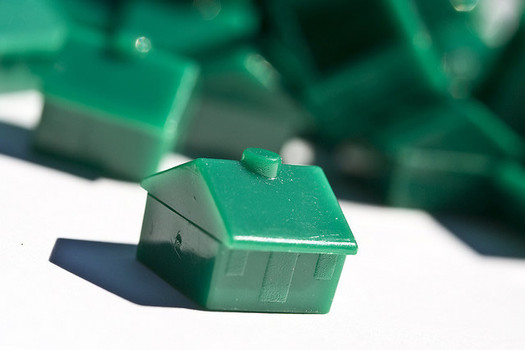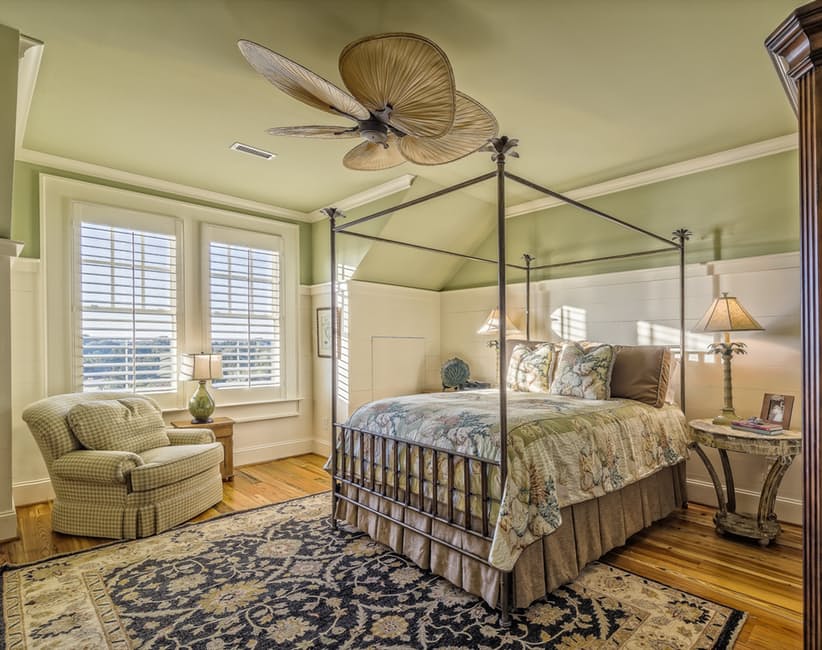If you were ever in a position where you had the option of buying or renting a house/apartment, then you have already been through this phase of ‘Rent vs. Buy’. However, there are several factors to consider before taking this plunge.

Let’s start off with a simple list of corresponding features to set the tone of this article.
| Features | Home Buying | Home Renting |
| Upfront cost | Higher down payment and mortgage fees | Low: A security deposit + first and last month’ rent required |
| Maintenance | Higher: Buyer have to maintain it | Low: Landlord has to maintain it |
| Renovation | Higher: Buyer have to make renovations | Low: Landlord has to make renovations |
According to a study conducted by Spring Hill Realty, majority of the people consider buying a house as an investment decision. Money spent on rent is often considered money gone down the drain – never to be seen again. This notion is not true as there are several variables in this decision, which need to be considered.
- Time and effort in buying, maintaining and selling a house.
- Transactional costs when buying a house.
- Broker Commissions when selling a home.
- Appreciation value.
- Effect of inflation on rent increase.
- Mortgage Interest.
- Down payment.
- The importance of Rent Ratio.
While each of the above-mentioned factors can be a bit complicated, but it is advised to make some realistic assumptions for a start of analysis. As you become more comfortable with your analysis model, you can branch it out and tweak it to add more parameters and complexity.
- Time and effort in buying, maintaining and selling a house – Looking for your dream home is going to cost you money, time and effort. Contrary to buying, renting is particularly easy on your budget as the landlord is responsible for fixing most things that commonly go out of order. However, when you buy a home, its maintenance and renovation is all your responsibility.
- Transactional costs when buying a house – Buying is never really a simple procedure. Just like the purchase of a car, it is followed by a plethora of taxes. There are various transactional costs that you will have to pay when buying a home. Home inspection, attorney fee, mortgage closing, taxes, filing fee, agent’ fee, etc. It is imperative to understand their importance and rating them higher, just like you would rate a down payment.
- Broker Commissions when selling a house – Typically the real-estate market works in a 3% profit rate in the selling of a home. The seller pays commission to both the buyer’ and seller’ agents. With 3% each, this commission works out at a rate of 6% value of the house, which is a lot considering the net worth of any house. You can decide to forgo the involvement of agents and save the 6% of commissions. However, if you are a first timer then selling a house isn’t a walk in the park. Experts at Spring Hill Realty advise extensive research, as the key to success.
- Appreciation value – The fact people buy houses is primarily attributed to this factor. Recent studies have shown that house values can be assumed to increase at the rate of around 5% every year. And if you are planning to use your house for a long time (20-30 years) then it is a worthy investment. As mentioned earlier this factor is considered to be very important and thus it will have a substantial impact on the outcome of your analysis.
- Effect of inflation on rent increase – It is a known fact that the real-estate market has been progressing at a steady pace and this positive growth is expected to continue further. Market analysts are predicting a lot of good things for the future. And thus keeping this perspective in mind, it is safe to assume that the rent will continue to increase over the course of next few years. Market Experts are predicting a yearly increase in the rent to be 2-3% – in sync with the rate of inflation.
- Mortgage Interest – A lot of people get frustrated when they don’t get a good interest rate in this situation. It all depends on your credit history and employment status. For the rent vs. buy analysis, assume a fixed rate. Let’s say your loan amount is $200,000 and the interest rate is 6.5% (fixed) over 20 years. This figure equates to a monthly rate of approximately 0.54% and $1,491 in monthly payments. Over the course of 20 years, you will pay $357,875 to your lender – $200,000 of that will go towards your principal loan amount, and $157,875 will be paid as interest.
- Down payment – The purpose here is to reduce the interest rate that you will have to pay. A decent down payment of 15-20% of the home value can help you achieve that. Let’s say you shell out $40,000 as down payment when you are buying your home. This $40,000 is an investment that you make in an asset (your house), hoping that the asset will appreciate. If you were to invest $40,000 in an online savings account, you could earn 5% interest (risk-free) every year. If you invest in equity and are lucky, the returns could be even higher.
- The importance of Rent Ratio – While the other factors are more mainstream approach for analysis, this here is an out-of-the-box approach to give you an idea. You might be wondering how to use this Pandora box? Well, the purchase of a typical house divided by the annual rent of a similar house. If the rent ratio is above 20, it means renting is the best bet. Between 15 and 20, prioritise to rent unless you have to stay at a place longer than a couple of years. And if the rent ratio is below 15, then the investment will make more sense.






